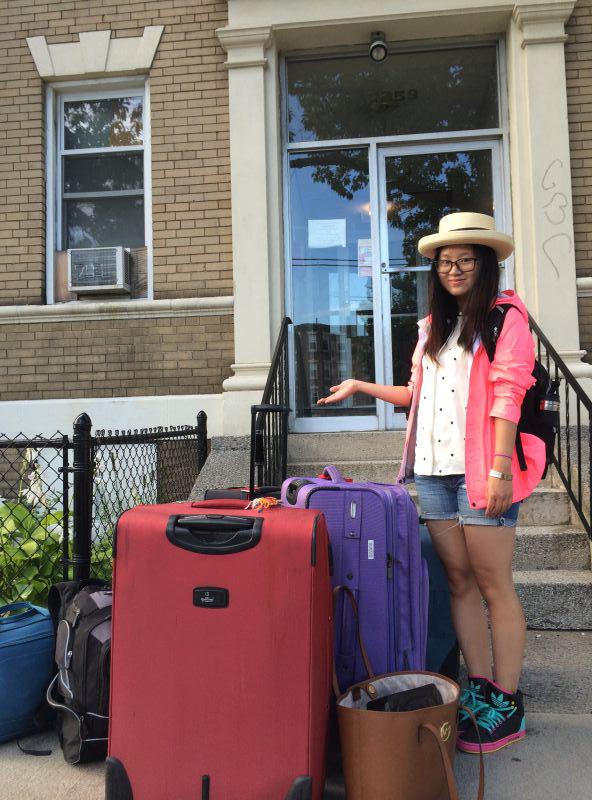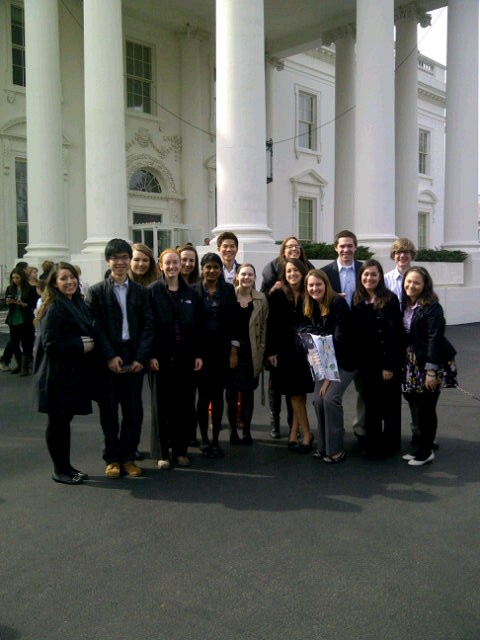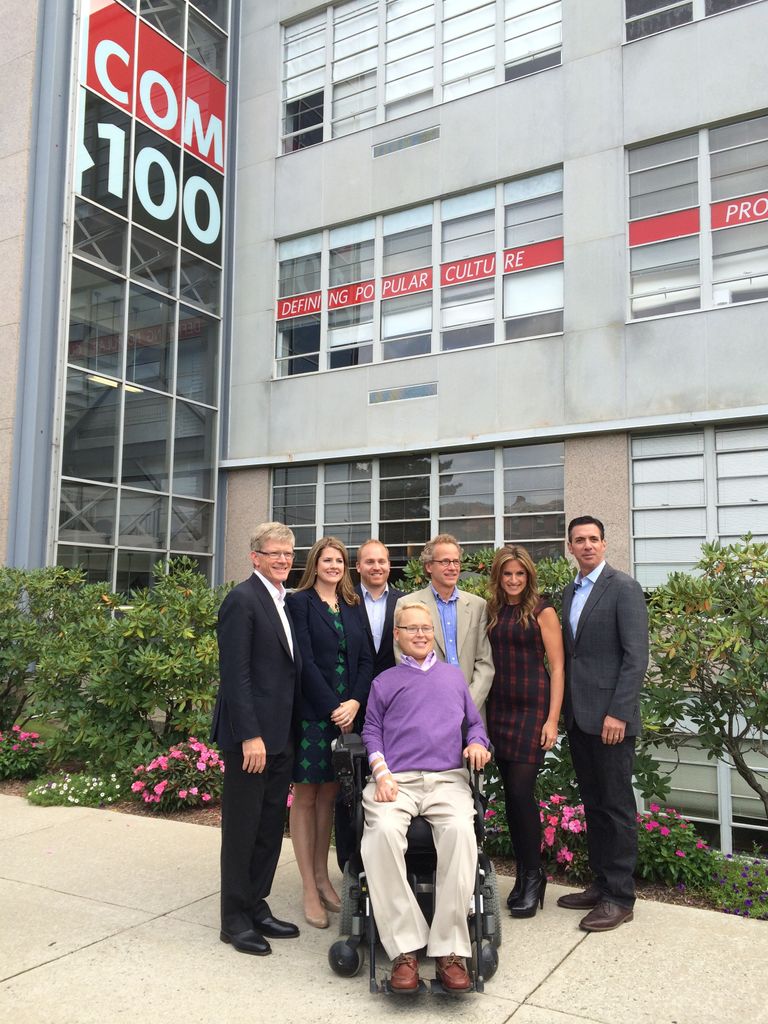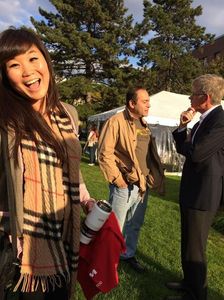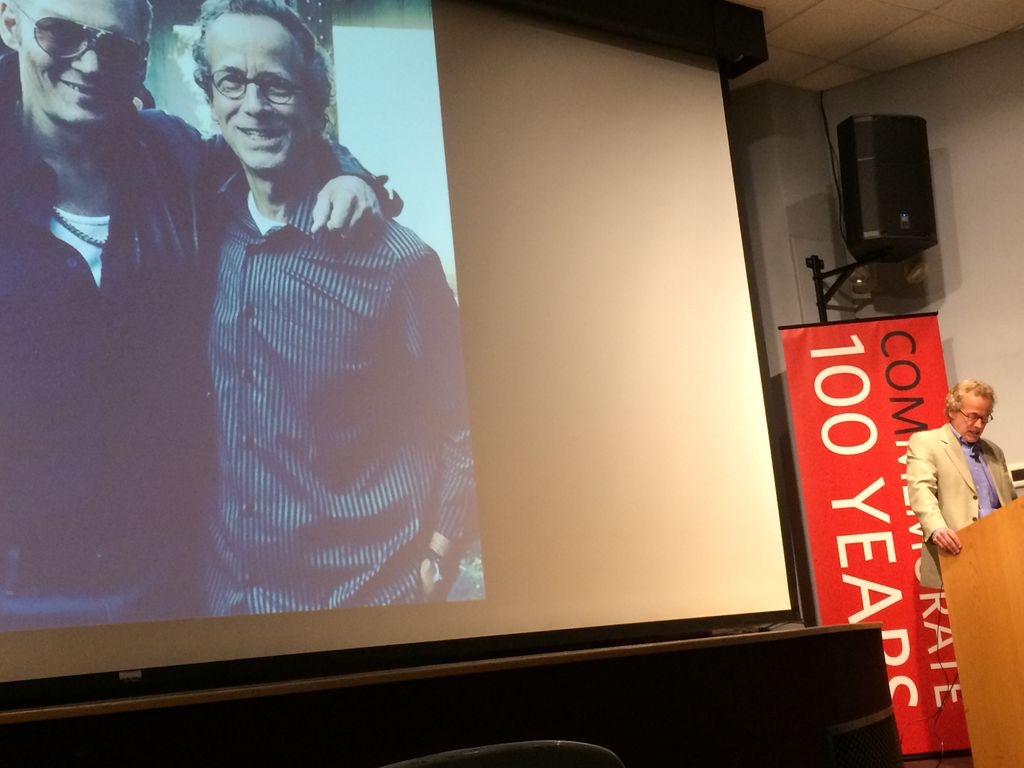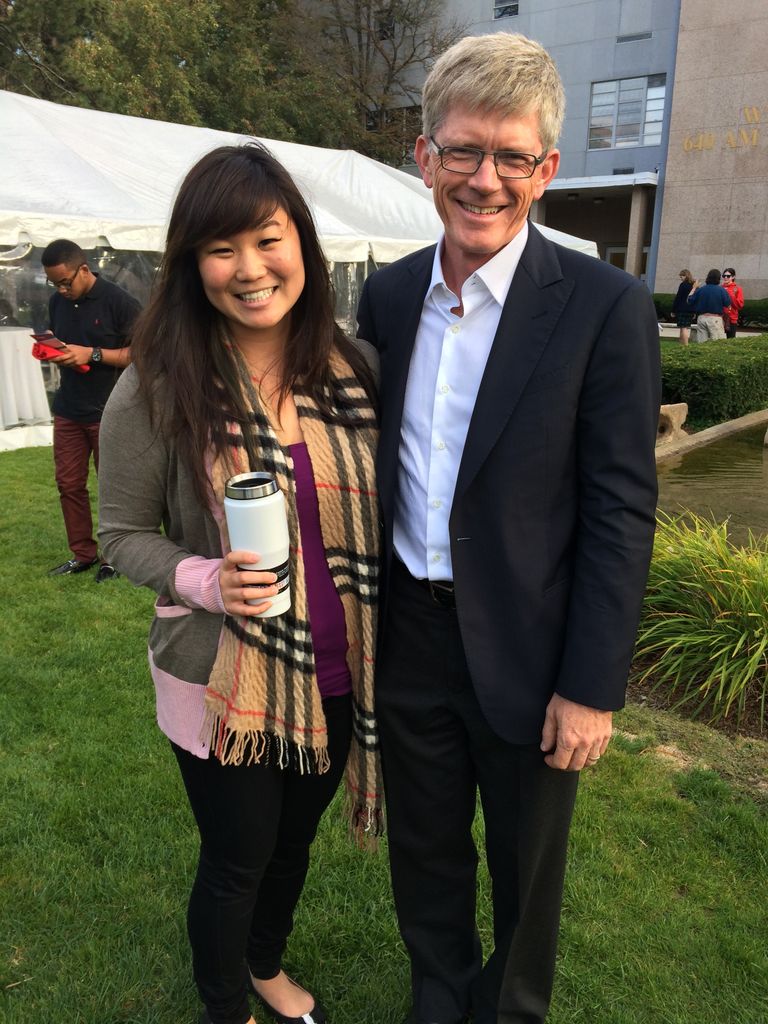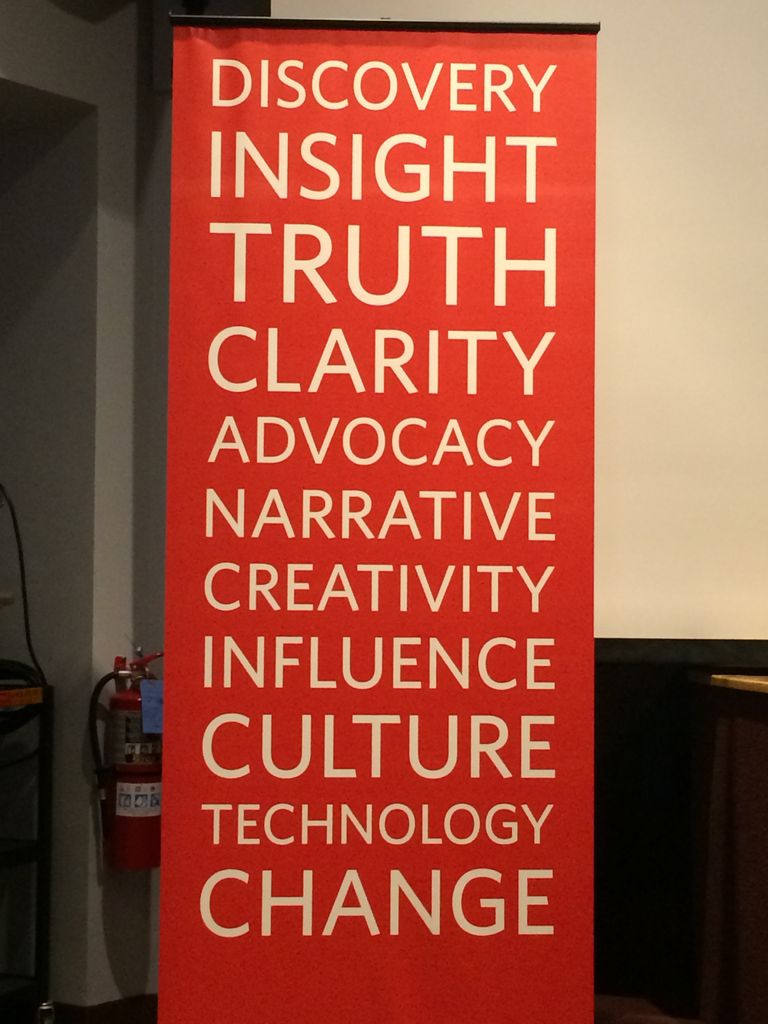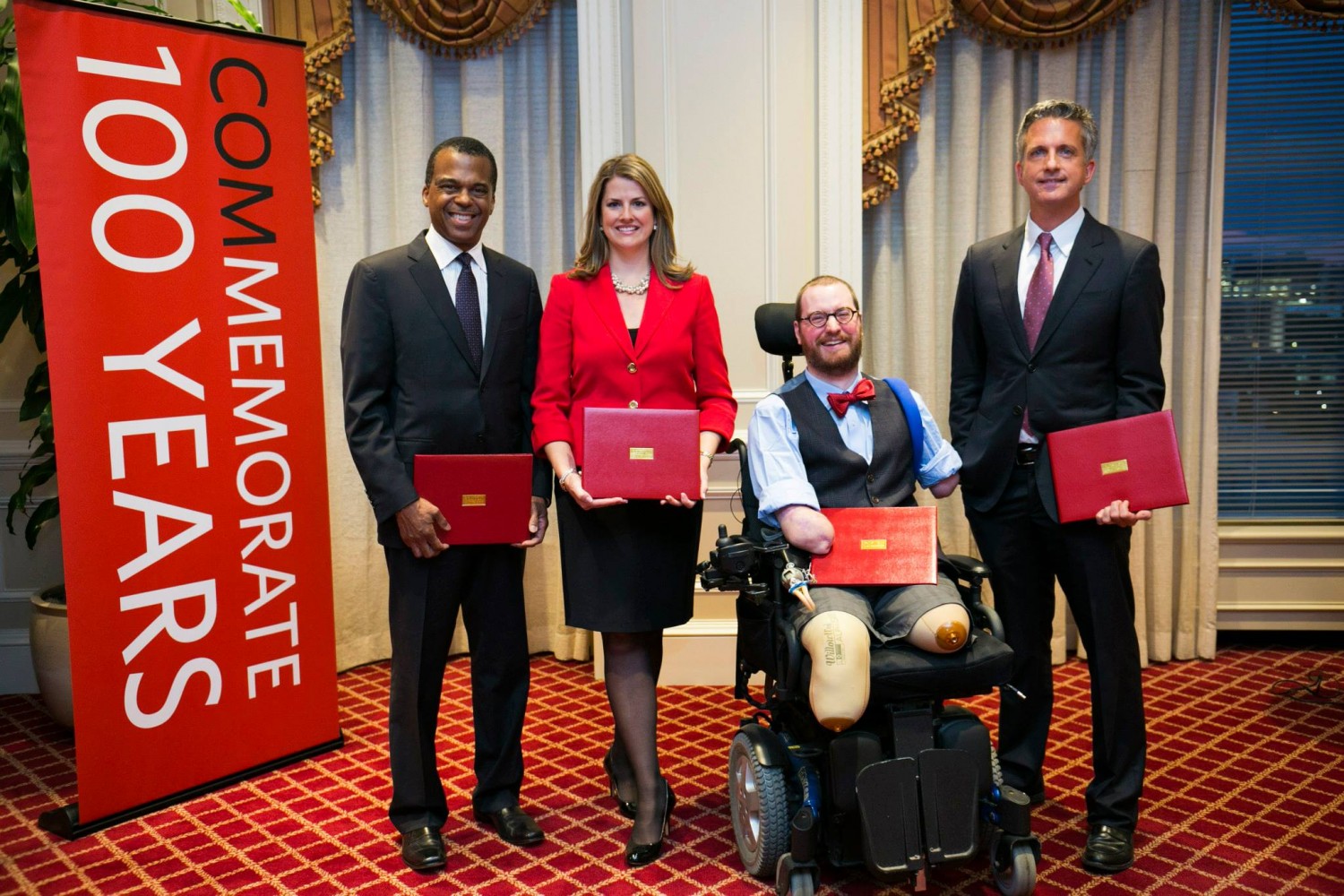By Gina Kim
MS Journalism '16
BU College of Communication
It’s been a little over a month since graduate school has been in full swing. Now that I’ve gotten the hang of the T, the transit schedules and the eccentric teaching styles of some professors, I am bursting to say, I LOVE IT. That’s right. You got me, world. I admit it: I LOVE SCHOOL. I love the chaos, the stresses of impending deadlines, making sure I read the right chapters from my 2014 edition Media Law textbook, and the works. I love it all. I forgot how great it is to be back in the classroom. But did I ever stop and think about WHY exactly I love school, aside from having a sick sort of fetish for the anxiety and stress?
As student in the Journalism grad program, I am currently enrolled in 16 credits (actually, 14 since the Multimedia boot camp class is finally over after two full, grueling weekends). As for the rest of my schedule, I am happy to say I'm thoroughly enjoying all of my classes; however, there are a couple that especially stand out for me.
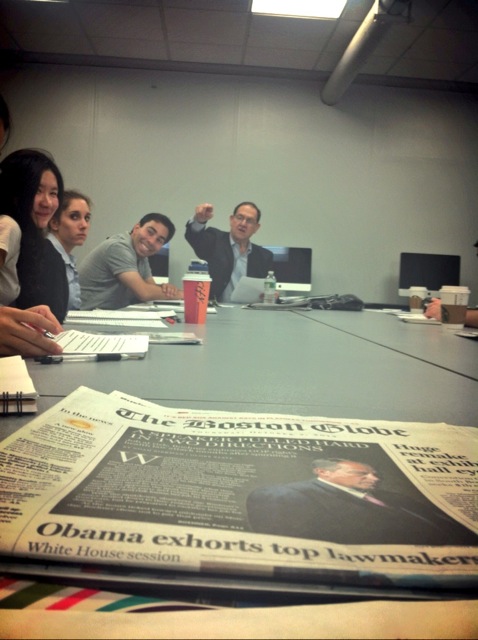
I love my Journalism Principles & Techniques course. Every day we're treated like we're thrown into a newsroom and forced to approach every assignment as though we are real-life reporters. At first I was extremely intimidated by the class, but I soon realized this course will probably be one of the most important, practical courses I will take during my time at BU. Criticism is a daily part of our routine, but nonetheless, it's what improves us as budding journalists and future reporters. I raise my hand at every chance to volunteer to have my paper read and critiqued in front of the entire class, something that the undergrad me would have never dreamed of having the guts to do; but here, there's no such thing as a comfort zone. Journalism Print & Tech shoves us out there in the open and sees if we fight back. So far, I think I'm fighting back pretty well.
Media Law--this is probably the course for which I do the most work and real studying (don’t tell my other professors). This course is more academic, theory based, whereas most of my other classes are more practical and hands on. Media Law definitely intimidated the daylights out of me, and I struggled to keep up with the material in class for the first two weeks of the semester. I literally didn't know what was going on the first few classes, and when I tried opening my copy of "Major Principles of Media Law", safe to say, I didn't understand a single word in the first chapter. Defenses against libel and slander? What's that? What the heck is a "ride-along"? I knew right away this wasn't a class that I could just "skate on by" without having to do much studying; it's a lot of reading and constant reviewing. I've been repeating this to my classmates every day...you just can't cram for a class like Media Law. It's the same way you can't cram for things like math or physics or chemistry back in the good old undergrad days. You have to constantly practice, be proactive, and stay on top of the reading. I had a feeling that amidst all of the practical courses I'm was taking, one would require me to dust off that old school method of studying from undergrad.
After I bombed my first "surprise" quiz (yep, we are subjected to those every week and so we're always constantly on the edge of our seats), I decided it would be in my best interest to meet with the professor. With his help and some time, I eventually discovered the secrets behind skimming, pinpointing the vital concepts, applying the textbook material to the lectures in class, and the importance of participating during lecture. Now I'm proud to say I think I’ve got the hang of Media Law. See, these are all basic rules of old-fashioned education...we did this during college, and grad school is no different.
So far, my classes in graduate school have helped me realize that the mechanics you learn throughout your whole life can be utilized beyond college and post-graduate work. There will always be challenges, and a Masters program is no cakewalk. You have to bite the bullet, roll up your sleeves, and get your hands dirty. Time management is so important, whether you're juggling three different jobs plus a full load of classes, or having assignment after assignment after assignment; it's up to you whether you fight back or not. It's your responsibility to know what's going on in class and most of all understand what you're really here for. That's right...it's about YOU. Ask yourself why you're here, and perhaps that'll remind you of the levels and magnitudes of success that you have the potential to reach, once you know why you’re willing to put in the effort.
I used to think going to school was a chore, something to complete because that's what was expected of me. I wanted to stick it to the man... stick it to the establishment, or the power-that-be. BU COM has changed all of that, fortunately. You know that old cliché: "if you love what you do, you literally don't work a single day in your life." Whoever invented that phrase, they weren't kidding. Graduate school really reminds me of that. You literally have to love being here, and you have to love what you are doing. Not a single person goes into any of our classes dreading lecture or dreading an assignment. Nobody is annoyed at how busy their schedules are. Everyone wants to be here. They are proactive, responsible, and brilliant. It is nothing like college where we'd always whine, "Man, forget that 8 a.m. I have to go to tomorrow, I'm just going to blow it off and sleep in" or "I'm way too hungover for class...do you want to go in there and sign the roll sheet for me?" None of that here! If you aren't making the most of your class lectures, textbook materials and aren't interested in how to get one step closer to success, then what on earth are you doing here? Given all the time and money we are investing in grad school, we better make sure we take advantage of the exclusive opportunities being served to us on a silver platter.
 But, before I go, please do NOT think grad school is all work and no play. Although I have deadlines to fight and surprise quizzes to constantly be on the lookout for, I know it's important to set aside time to still maintain a social life and do fun things around the city (but only after I finished my homework!). Thank goodness we aren't stuffy academics who spend hours in research labs. We're expected to be social, to go out and open up to others, interact with peers and most of all, have fun with what we're doing. As a journalist, you can’t afford to be a shy introvert or afraid to be around people. So yes, you are allowed to (or in this case, implored) to have a life! It all starts with your attitude and again, as I mentioned before, time management. Having a healthy balance between everything is a great way to know that you have it all together. Forget that triangle of doom that made you choose between a social life versus good grades versus sleep. You can ace every category, as long as you know how to organize yourself.
But, before I go, please do NOT think grad school is all work and no play. Although I have deadlines to fight and surprise quizzes to constantly be on the lookout for, I know it's important to set aside time to still maintain a social life and do fun things around the city (but only after I finished my homework!). Thank goodness we aren't stuffy academics who spend hours in research labs. We're expected to be social, to go out and open up to others, interact with peers and most of all, have fun with what we're doing. As a journalist, you can’t afford to be a shy introvert or afraid to be around people. So yes, you are allowed to (or in this case, implored) to have a life! It all starts with your attitude and again, as I mentioned before, time management. Having a healthy balance between everything is a great way to know that you have it all together. Forget that triangle of doom that made you choose between a social life versus good grades versus sleep. You can ace every category, as long as you know how to organize yourself.

How did your first month of grad school go? Please share any funny stories or survival tips in the comment section below.
Not a College of Communication student? Tell us what program(s) you are interested in and why!
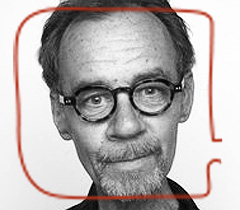
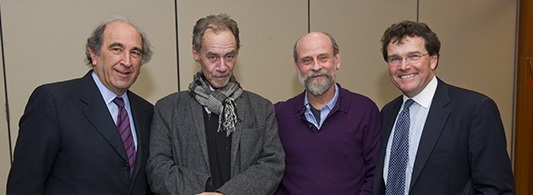


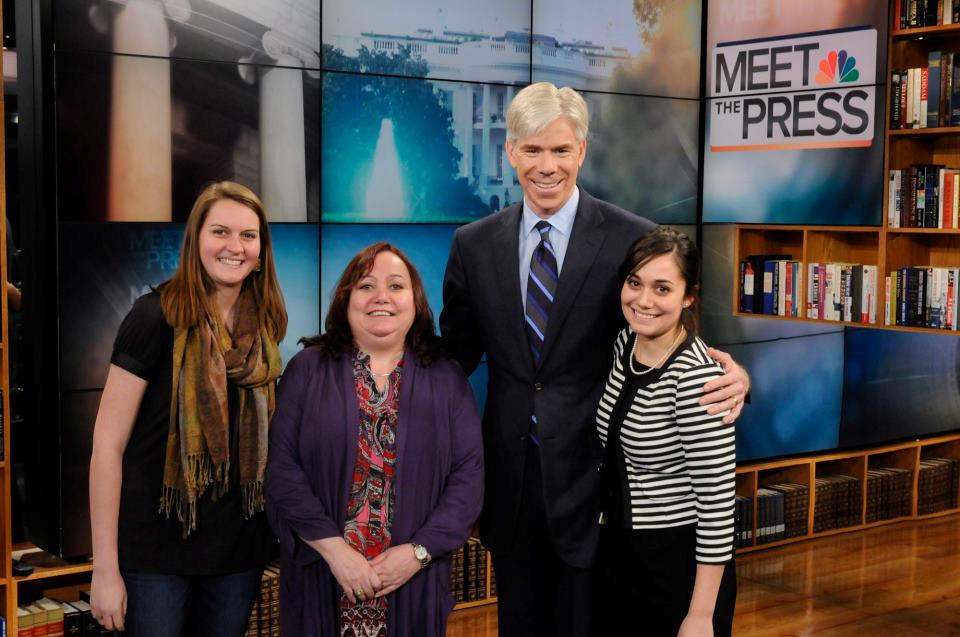
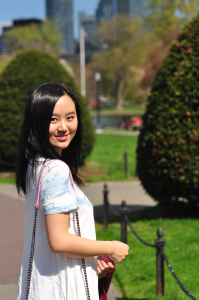 "A lot of people come to Washington because they want to be involved in think tanks or politics. You see a lot of undergrads majoring in political science - they want to intern on the hill to work for a senator, but for me it's not like that... I'd like to integrate my experiences to be a correspondent for Chinese media in the U. S. or go back to China and work for a U.S.-based journalism outlet...It's really hard as an international student to find an internship, that's the reality. If you can come to DC sponsored by the school and do an internship, it's a good way to accumulate work experience. The program has been extremely helpful for me," she says.
"A lot of people come to Washington because they want to be involved in think tanks or politics. You see a lot of undergrads majoring in political science - they want to intern on the hill to work for a senator, but for me it's not like that... I'd like to integrate my experiences to be a correspondent for Chinese media in the U. S. or go back to China and work for a U.S.-based journalism outlet...It's really hard as an international student to find an internship, that's the reality. If you can come to DC sponsored by the school and do an internship, it's a good way to accumulate work experience. The program has been extremely helpful for me," she says.